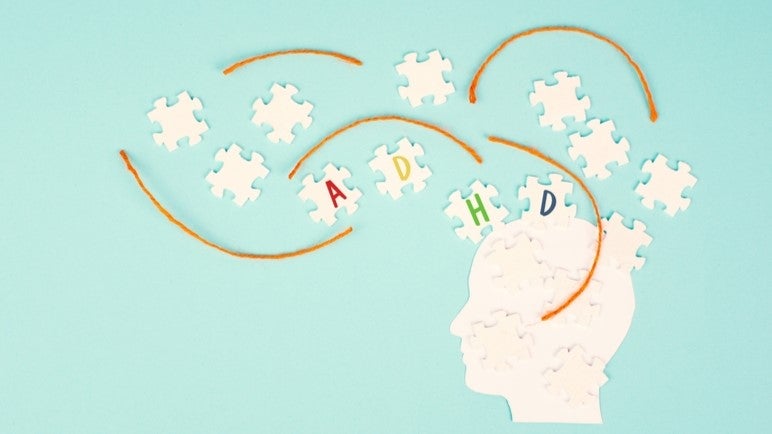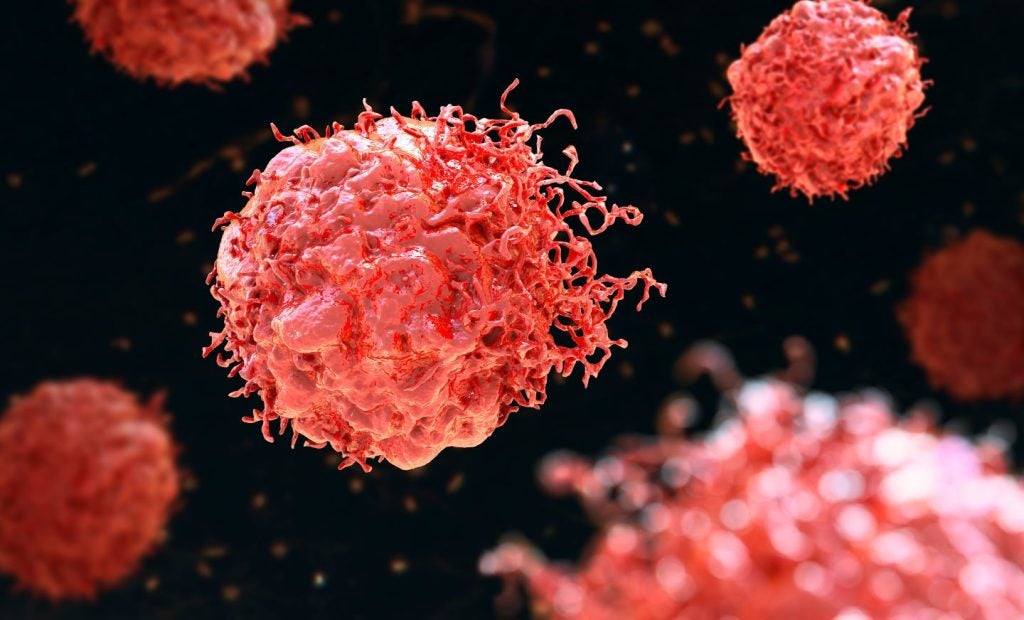GW Pharmaceuticals has reported positive results from a Phase lll trial of its oral cannabidiol (CBD) Epidiolex for the reduction of seizures in patients with Lennox–Gastaut syndrome (LGS), a severe form of epilepsy.
The randomised, double-blind, placebo-controlled trial has been designed to evaluate the efficacy and safety of two doses of Epidiolex against placebo.
During the trial, 76 patients received 20mg/kg/d CBD, 73 received 10mg/kg/d CBD, and 76 were given a placebo.
The medications were divided into two daily doses for 14 weeks.
The trial reported a 41.9% reduction in ‘drop seizures’, a type of seizure that leads to severe loss of muscle control and balance in patients taking a 20mg/kg/d Epidiolex regimen.
It also found a 37.2% reduction in patients treated with a 10mg/kg/d Epidiolex regimen, and a 17.2% reduction in a group-received placebo.
How well do you really know your competitors?
Access the most comprehensive Company Profiles on the market, powered by GlobalData. Save hours of research. Gain competitive edge.

Thank you!
Your download email will arrive shortly
Not ready to buy yet? Download a free sample
We are confident about the unique quality of our Company Profiles. However, we want you to make the most beneficial decision for your business, so we offer a free sample that you can download by submitting the below form
By GlobalDataSide effects also reportedly occurred in 94% of patients in the 20mg CBD group, 84% in the 10mg CBD group, and in 72% taking placebo.
NYU Langone Health Comprehensive Epilepsy Center director Dr Orrin Devinsky was the principal investigator of the trial, which enrolled 225 LGS patients aged two to 55 years across 30 sites worldwide.
Dr Devinsky said: “This new study adds rigorous evidence of cannabidiol’s effectiveness in reducing seizure burden in a severe form of epilepsy and, importantly, is the first study of its kind to offer more information on proper dosing.
“These are real medications with real side effects, and as providers we need to know all we can about a potential treatment in order to provide safe and effective care to our patients.”
Six medications are currently approved to treat seizures in LGS patients, but disabling seizures occur in most patients despite being treated with these treatments.






